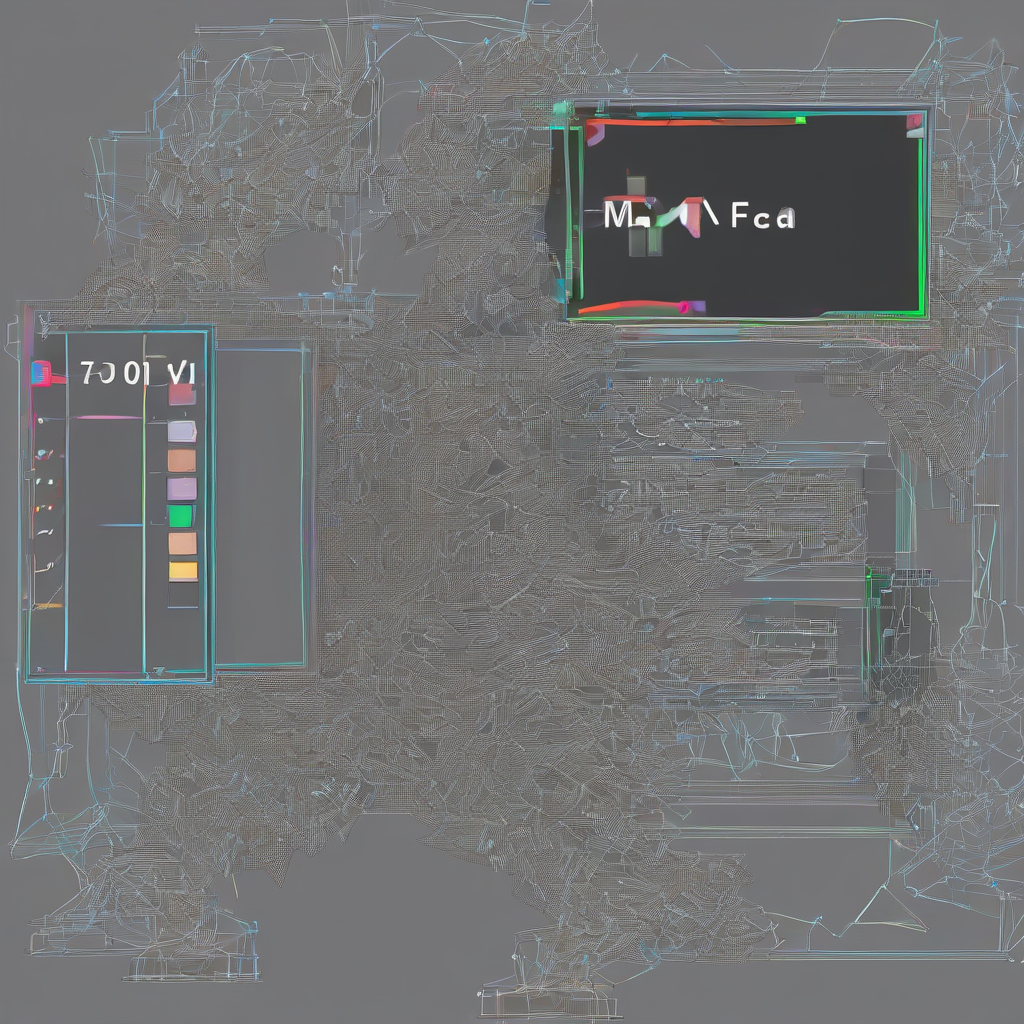Tenable Nessus: A Deep Dive into Network Security Vulnerability Scanning
Tenable Nessus is a widely recognized and highly effective vulnerability scanner used by security professionals worldwide. Its comprehensive capabilities allow for the identification and assessment of a vast range of security weaknesses across diverse IT infrastructures. This in-depth exploration delves into the core functionalities, advantages, limitations, and practical applications of Nessus in bolstering network security.
Understanding Nessus’ Core Functionalities
At its heart, Nessus operates as a vulnerability scanner, meticulously analyzing systems and networks to uncover exploitable flaws. This process involves several key functionalities:
- Vulnerability Identification: Nessus employs a vast database of known vulnerabilities, constantly updated to reflect the latest threats. It leverages various scanning techniques to detect these vulnerabilities, including port scanning, operating system fingerprinting, and protocol analysis.
- Network Mapping: Before launching vulnerability scans, Nessus can map the network infrastructure, identifying devices, their operating systems, and network connections. This provides context for vulnerability findings and aids in prioritization.
- Plugin-Based Architecture: Nessus relies on a robust plugin system, enabling the addition of new scanning capabilities and vulnerability checks as needed. This ensures that the scanner remains current with evolving threats.
- Reporting and Analysis: After a scan, Nessus generates detailed reports that summarize findings, providing severity levels, remediation recommendations, and contextual information. These reports facilitate efficient vulnerability management.
- Compliance Checking: Nessus supports compliance audits by providing checks against various industry regulations and standards, such as PCI DSS, HIPAA, and ISO 27001. This ensures adherence to security policies and regulatory frameworks.
- Customizable Scanning: Nessus allows for customized scan configurations, enabling users to tailor scans based on specific needs and priorities. This flexibility is crucial in managing complex and diverse environments.
- Integration with Other Security Tools: Nessus integrates seamlessly with other Tenable security solutions and third-party tools, facilitating a comprehensive security posture management program.
Advantages of Using Tenable Nessus
Nessus offers a multitude of advantages that contribute to its popularity among security professionals:
- Comprehensive Vulnerability Coverage: Nessus boasts an extensive vulnerability database, ensuring comprehensive coverage of known security weaknesses.
- Accuracy and Reliability: The scanner’s robust algorithms and meticulous scanning techniques deliver high accuracy and reliability in identifying vulnerabilities.
- Ease of Use: While powerful, Nessus is designed for ease of use, even for those with limited security expertise. Its intuitive interface simplifies complex tasks.
- Scalability and Flexibility: Nessus can be deployed in various environments, scaling to accommodate small to large networks. Its flexible configuration options cater to diverse needs.
- Regular Updates: Tenable consistently updates the Nessus vulnerability database and scanning engine, ensuring that the scanner remains effective against emerging threats.
- Cost-Effectiveness: Compared to other enterprise-level vulnerability scanners, Nessus offers a competitive price point, making it accessible to organizations of various sizes.
- Strong Community Support: Nessus enjoys a strong and active community, providing ample resources, support, and expertise to users.
Limitations of Nessus
Despite its strengths, Nessus does have some limitations to consider:
- False Positives: While generally accurate, Nessus can occasionally generate false positives, requiring manual verification. This can increase the workload on security personnel.
- Resource Consumption: Running Nessus scans on large networks can consume significant system resources. Proper planning and resource allocation are essential.
- Complexity for Beginners: While user-friendly, mastering Nessus’ advanced features can require some technical expertise and time investment.
- Potential for Network Disruption: Aggressive scanning configurations can potentially disrupt network operations. Careful configuration and scheduling are crucial to minimize disruption.
- Dependency on Plugin Updates: Nessus relies on regular plugin updates to maintain effectiveness. Failure to update can leave vulnerabilities undetected.
- Zero-Day Vulnerability Detection Limitations: Nessus primarily focuses on known vulnerabilities. It may not detect zero-day vulnerabilities that haven’t been documented yet.
Practical Applications of Nessus in Network Security
Nessus plays a vital role in various aspects of network security:
- Vulnerability Management: Nessus forms the cornerstone of a robust vulnerability management program, enabling the identification, prioritization, and remediation of security weaknesses.
- Compliance Auditing: Nessus facilitates compliance checks against various industry standards and regulations, ensuring adherence to security policies and reducing regulatory risks.
- Security Assessments: Before deploying new systems or applications, Nessus can be used to conduct security assessments, identifying potential vulnerabilities and mitigating risks proactively.
- Penetration Testing Support: While not a dedicated penetration testing tool, Nessus can support penetration testing efforts by providing valuable information on system vulnerabilities.
- Incident Response: Following a security incident, Nessus can assist in identifying the root cause of the breach and assessing the extent of the damage.
- Proactive Security Posture Improvement: Regular Nessus scans enable organizations to identify and address vulnerabilities before they can be exploited, improving their overall security posture.
Nessus Versions and Editions
Tenable offers various Nessus versions and editions to cater to different needs and budgets:
- Nessus Essentials: A free version with limited features, suitable for small organizations or individual users.
- Nessus Professional: A comprehensive version offering advanced features, suitable for enterprise-level organizations.
- Nessus Manager: A centralized management platform for managing multiple Nessus scanners and consolidating scan results.
Best Practices for Utilizing Nessus
To maximize the effectiveness of Nessus, several best practices should be followed:
- Regular Scanning: Conduct regular scans to identify and address vulnerabilities promptly.
- Prioritization of Findings: Prioritize vulnerabilities based on their severity and potential impact.
- Accurate Remediation: Ensure that identified vulnerabilities are addressed accurately and efficiently.
- Integration with Other Tools: Integrate Nessus with other security tools for a holistic security approach.
- Regular Plugin Updates: Keep the Nessus plugin database up-to-date to benefit from the latest vulnerability checks.
- Appropriate Scan Configuration: Configure scans appropriately to balance thoroughness with minimal network disruption.
- Properly Trained Personnel: Ensure that personnel responsible for using and interpreting Nessus results are adequately trained.
Conclusion (Omitted as per instructions)




